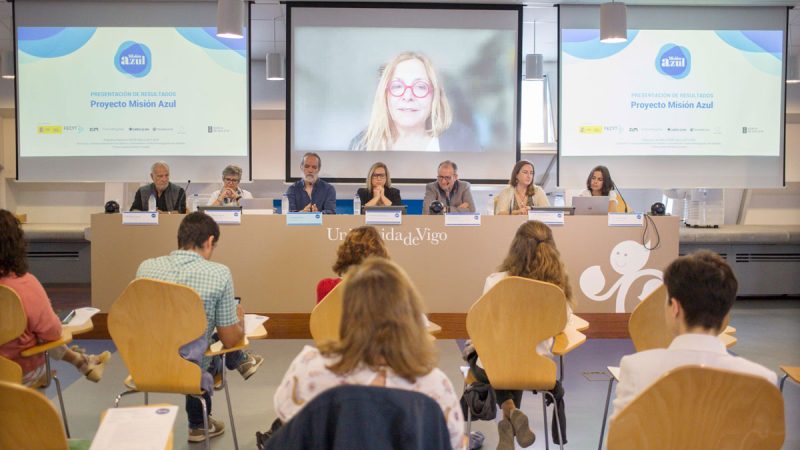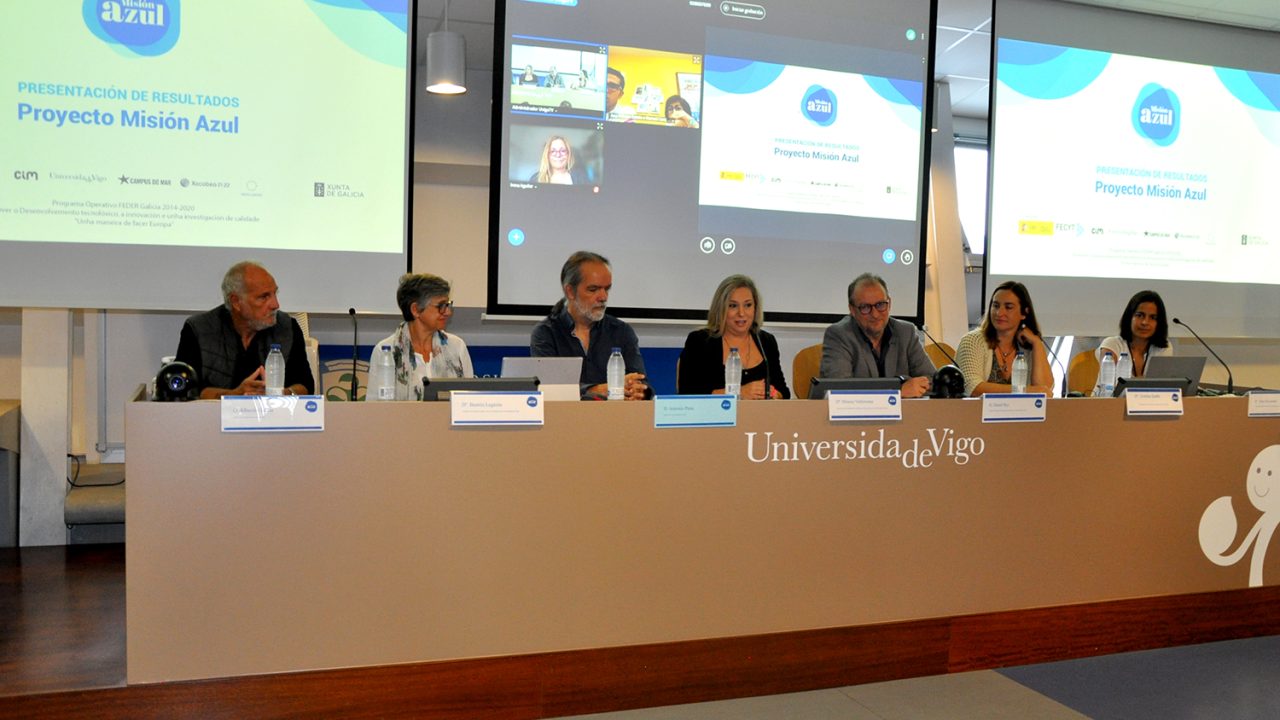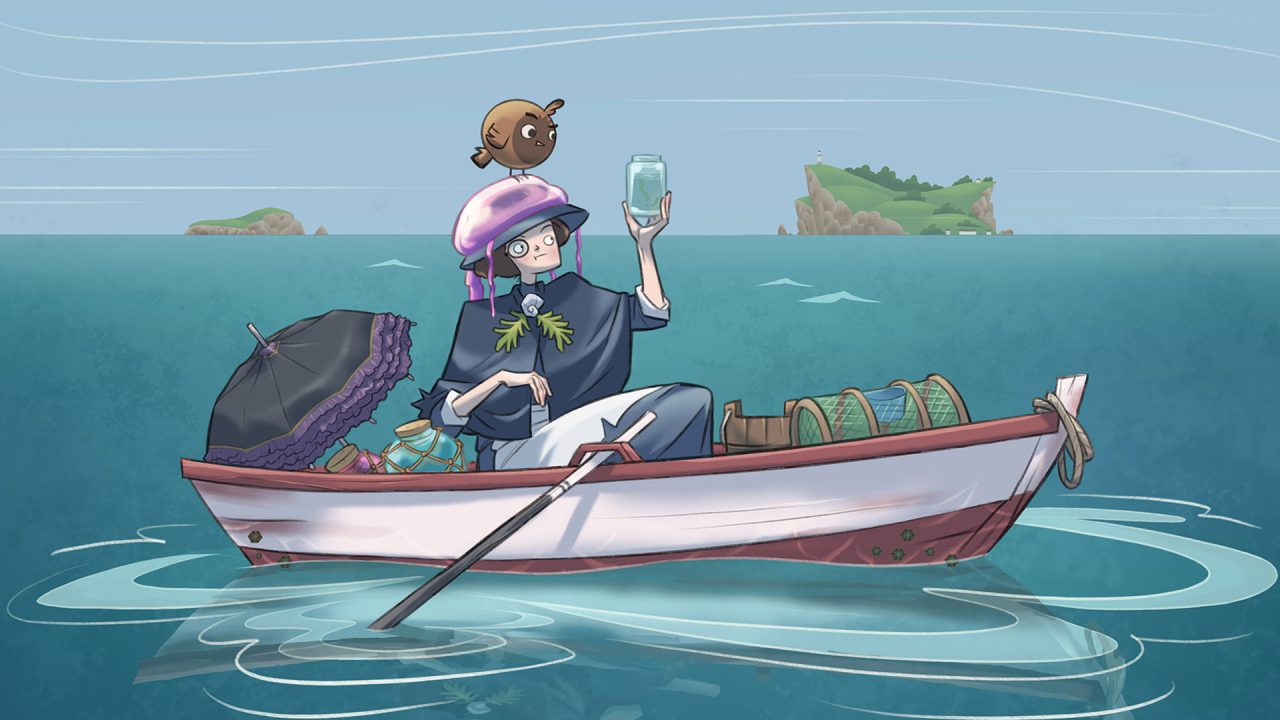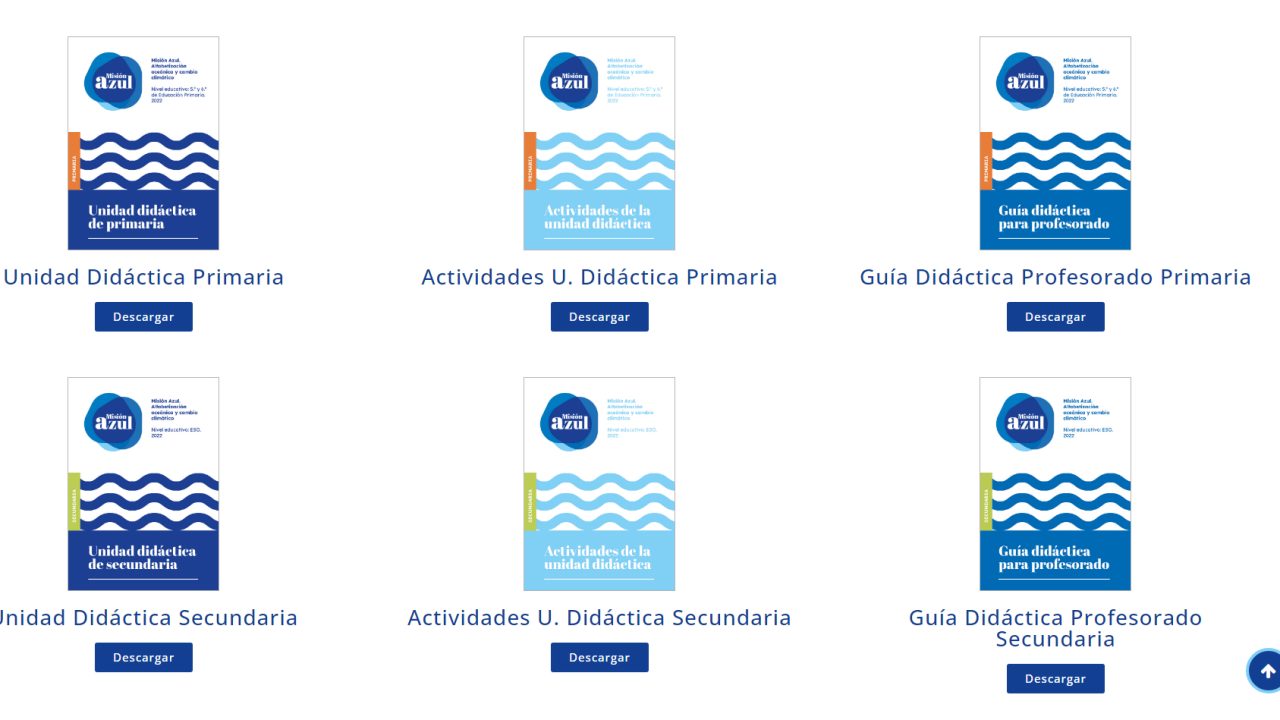The didactic units can already be downloaded from the website and the beta version of the video game will be available next week.
The project offers free of charge innovative and attractive tools for ocean literacy for children and adults.
“The climate reality makes it necessary to promote outreach activities to raise awareness about the preservation of the ocean”. This is how Daniel Rey, Director of the Marine Research Centre of the University of Vigo, explained the birth of the Misión Azul project, a marine scientific literacy and teacher training initiative launched by the CIM-UVigo in collaboration with atlanTTic, the Faculty of Social Sciences and Communication of Pontevedra and UECoE, which this Friday presented its results at an event in Room 1 of the Miralles Building on the Vigo campus. “After a year of work with a splendid multidisciplinary team, the project´s video game and didactic units are a reality that allows us to continue with our particular mission of contributing to the dissemination and development of marine knowledge, to awaken scientific vocations and to value the role of women researchers,” explained Rey, who is also responsible for the project.
The final products in which “ICT, marine sciences, communication and didactics are merged to create products adapted to the interests of primary and secondary school students, so that they can learn in a playful way and we can stimulate vocations”, said the Vice-Chancellor of Communications and Institutional Relations of the University of Vigo, Mónica Valderrama.
On the other hand, the Director of the FECYT, Inmaculada Aguilar, stressed “the importance of initiatives such as Misión Azul to bring science closer to the younger public, especially in the current reality, in which there is an increasing need to integrate scientific knowledge into our daily lives”. The Blue Mission project was funded with 27,500 euros by the Spanish Foundation for Science and Technology (FECYT) of the Ministry of Science and Innovation.
Didactic units available on the web
The teaching units created under the project are now available on the website and can be downloaded free of charge. There are six volumes divided into a teacher’s guide, thematic content and workbooks with laboratory, group and self-assessment activities for primary and secondary school, which have come to light “after arduous didactic work to offer attractive and entertaining content” and which “will serve as a basis for teachers to expand and adapt the content for the baccalaureate courses or even to third or fourth year of primary school”, commented Beatriz Legerén, lecturer at the Faculty of Communication Sciences and coordinator of these units, and Alberto García, member of the Unión de Cooperativas de Enseñanza – UECoE and in charge of developing the content, supervised by the CIM-UVigo scientific team. The teaching units are in Spanish, but will also be translated into Galician and English, with the intention of promoting their use in all educational centres throughout the country.
Download the videogame
A beta version of the video game “Misión Azul: Pleamar”, a tool that will allow players to “experience the stories through the main character, Blu, an inclusive character without a specific gender”, Legerén pointed out, will also be available on the website over the next week. We will see Blu, accompanied by different and curious characters in the game, start a journey to raise awareness of environmental care, especially of the ocean, after spending the summer at his grandparents’ house in a small fishing village on an island located in a protected natural area.
“It is an adventure of exploration with several scenarios within this island using keys that boys and girls are used to handle in their daily lives and focused in a clear way to the device most used by them, the mobile phone”, said Antonio Pena, atlanTTic researcher. Thus, boys and girls will have to maintain a sustainability index, overcome missions, face friendly dialectic combats, fight fake news or collect rubbish to fill an inventory that will help them to create new elements. The videogame also becomes a tool not only to work in the classroom, but also at home alone or with the rest of the family, promoting science at home. The final version of the game will be available in October.
“There is a great need to integrate marine science research into the programmes of educational centres, to awaken vocations and to make the work of researchers and, above all, of female researchers visible at all levels”, said Cristina Quelle, coordinator of Innovation and Transfer of the CIM-UVigo, during her speech. Quelle wanted to thank all the team participating in the project for their involvement, as well as the collaborating entities such as the National Maritime-Terrestrial Park of the Atlantic Islands or the Spanish Office of Climate Change.
This initiative also commemorates the start of the Decade of Ocean Sciences for Sustainable Development proclaimed by the United Nations for 2021-2030, which aims to consolidate a new generation of oceanographers and technicians through the creation of new research networks and a new generation of improved observation systems, facilities and infrastructures, which will help countries to achieve the 2030 Agenda for Sustainable Development.
The research activity of the CIM is supported by the Xunta de Galicia and the European Union, through its co-financing under the Galicia FEDER Operational Programme 2014-2020.
Source: DUVI




